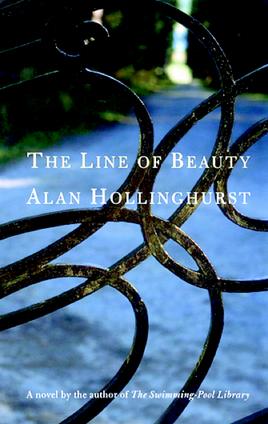While Toby’s father promotes the family-values party line, Nick is living it up in London. He takes a black lover and begins calling Toby’s sister “darling.” The Feddens attempt to seem enlightened, and Nick does his best to keep his behavior out of view. All this social collusion makes The Line of Beauty a fizzy, intoxicating read. But as Nick evolves from virgin naïf to coke-addled party boy, now with a millionaire Lebanese boyfriend, Hollinghurst’s tale deepens into a study of how those on the margins of Thatcherite London were tainted by that period’s ecstatic vacuity.
In this regard, the novel strongly resembles Vile Bodies, Evelyn Waugh’s caustic satire of London party people. Both books are narrated from the point of view of an outsider overcome by and then disgusted with the glamorous society in which he is a guest (remember Nick’s surname?). Unlike Waugh, Hollinghurst doesn’t simply jeer at his hero. In fact, as this book dives toward its crushing finale and AIDS puts an end to impetuous sexuality, Hollinghurst retains a wincing affection for Nick. He is, after all, caught up in a moment larger than himself and is reaching out for beauty as some kind of salvation. Over the course of this elegant and amusing novel, Nick learns how dangerous an impulse that can be.









